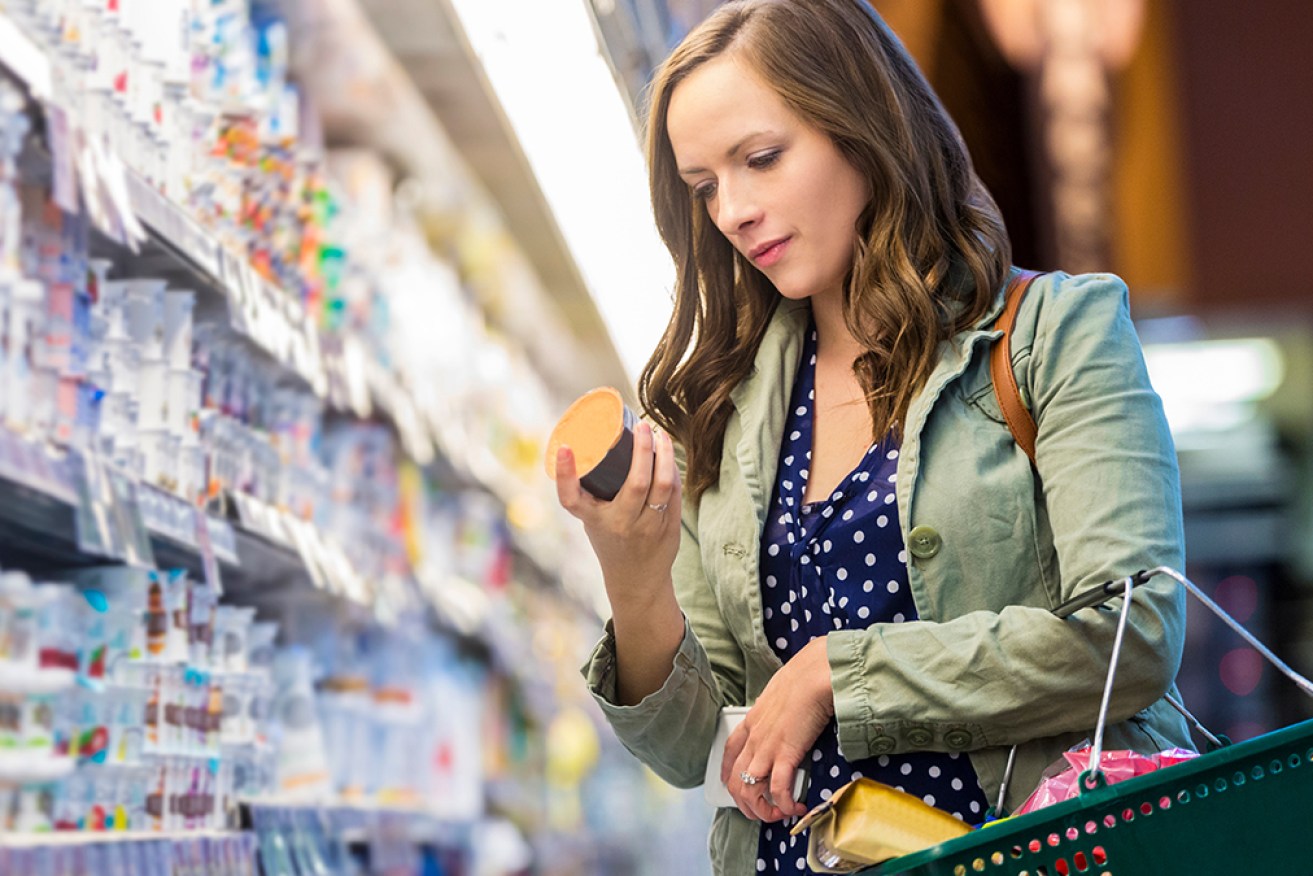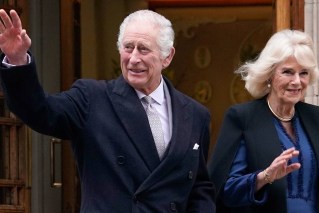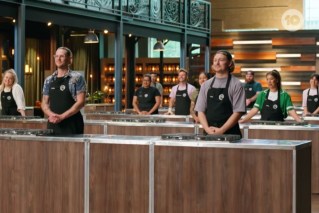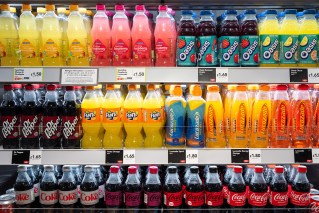‘A disgraceful waste’: The reasons to ditch best-before food labels keep piling up


Australians send 7.6 tonnes of food to landfill yearly.
People survived a very long time before labels were plastered on our food products in the 1970s.
Our grans and nonnas would never have dreamt of wasting unspoiled foods and would give everything a good sniff before throwing it on the scrap heap.
Fast forward 40 years, and Australians send 7.6 tonnes of food to landfill yearly – that’s 312 kilograms per person.
About 70 per cent of what we throw out is still edible.
To reduce food waste, supermarkets in the UK have removed “best before” dates from thousands of fresh food items.
Sainsbury’s, one of the major supermarket chains, is swapping these labels for ones that say, “no date helps reduce waste”.
Perhaps in these austere times, we should follow the UK and European Union’s lead and ditch the “best before” labels?
According to experts, they aren’t worth the paper they’re printed on anyway.
“There are products on the supermarket shelves where the date is just absolutely completely meaningless, with no relevance to the quality of the product at all,” said owner of discount supermarket chain Cheaper Buy Miles, Grant Miles.

To reduce food waste, UK supermarkets have removed ‘best before’ dates. Photo: Getty
Waste not, want not
In Australia, food waste comes at a hefty cost – $36.6 billion a year.
This wastage occurs across a swathe of industries, but households produce more than half of the waste at an average cost per household of $2000 to $2500 a year.
Stop Food Waste Australia claims households’ food waste could be reduced annually by up to 10 per cent – or about 250,000 tonnes of food – with the adoption of best-practice date labelling.
“There is still much to do to achieve this, including further consultation with industry,” Chief Operating Officer Mark Barthel said.
Food Standards, the regulatory authority, provides guidance for manufacturers, retailers and consumers on dates for product labels.
Date marks tell shoppers how long food can be kept before it deteriorates or becomes unsafe to eat.
The two types of date marks are use-by dates and best-before dates.
Australians are struggling to wrap their heads around the difference between the two, leading to tonnes of food being thrown out that could have been eaten.
“Consumer research always points to confusion over date labels being one of the leading causes of food going to waste in the home,” said a spokesperson for leading food rescue organisation OzHarvest.
“Not everyone understands the difference between use-by and best-before [dates], which often leads to perfectly edible food going in the bin – 2.5 million tonnes from homes every year and over 500,000 tonnes from the retail sector.”
Mr Miles agreed: “People pull a can of baked beans out of the [cupboard] and if it’s after the best-before date, they chuck it in the bin. It’s a disgraceful waste of good food,”
Food Standards state that food with a shelf life of two years or more doesn’t need to be labelled with a best-before date. This is because it is difficult to give an accurate guide as to how long this food will keep – it may keep its quality for years.
But this doesn’t stop big retailers and manufacturers from whacking [best-before] labels on their products to move stock, Mr Miles said.
“We’ve got a situation in Australia where best-before dates have become a tool for stock turnover and encouraging more stock to be sold rather than what they were initially designed for, which is food quality.”
Mr Miles said that in the absence of retailers doing the right thing, the government needs to lead reform.
“It shouldn’t be led by industry. The government must put the rules in place to change what we’ve got, because our current system is outdated,” he said.
A spokesperson for Woolworths told TND that the business was committed to sending zero food waste to landfill by 2025, but an “all of industry and government” approach to reform was required.
Discount supermarket Aldi said it had no plans to change food labelling.
It said to help reach its 2025 commitment of zero waste to landfill, it was partnering with food rescue organisations around the country.
“Last year, we donated over 10 million meals to charity partners and more than 66,000 kilograms of non-food items,” a spokesperson said.
A spokesperson for Coles said that the supermarket chain also donated unsold edible food to rescue organisations.
“Coles has donated the equivalent of 223 million meals to people in need,” they said.
“Other food waste solutions include donations to farmers and animal or wildlife services, organics collections and in-store food waste disposal equipment.”








